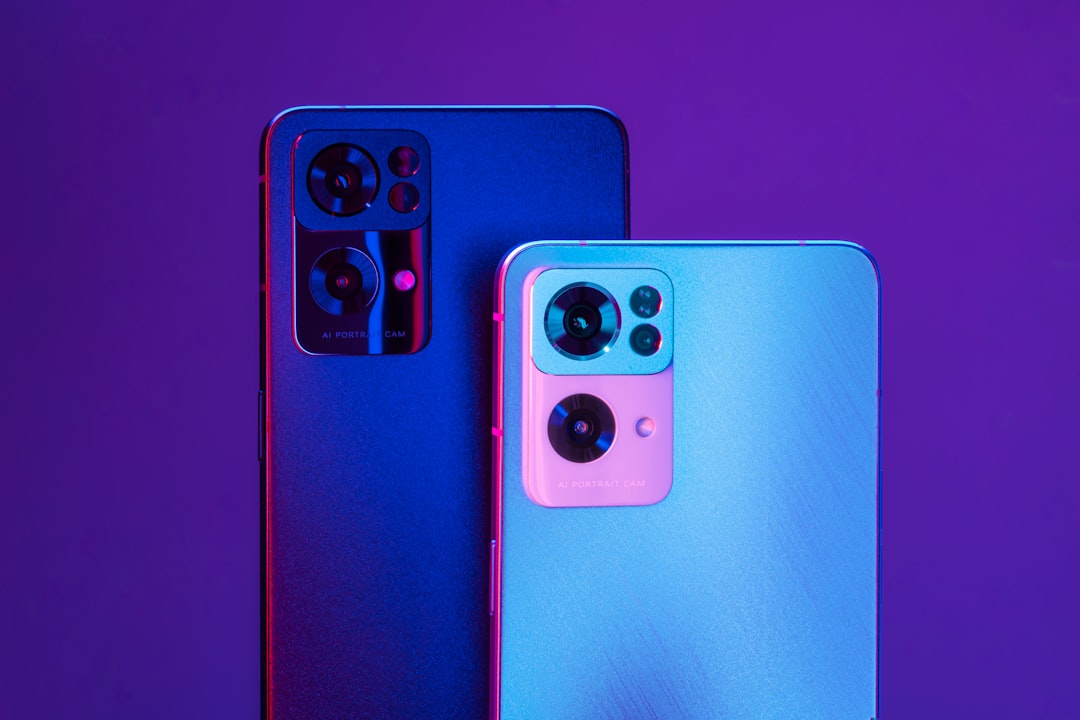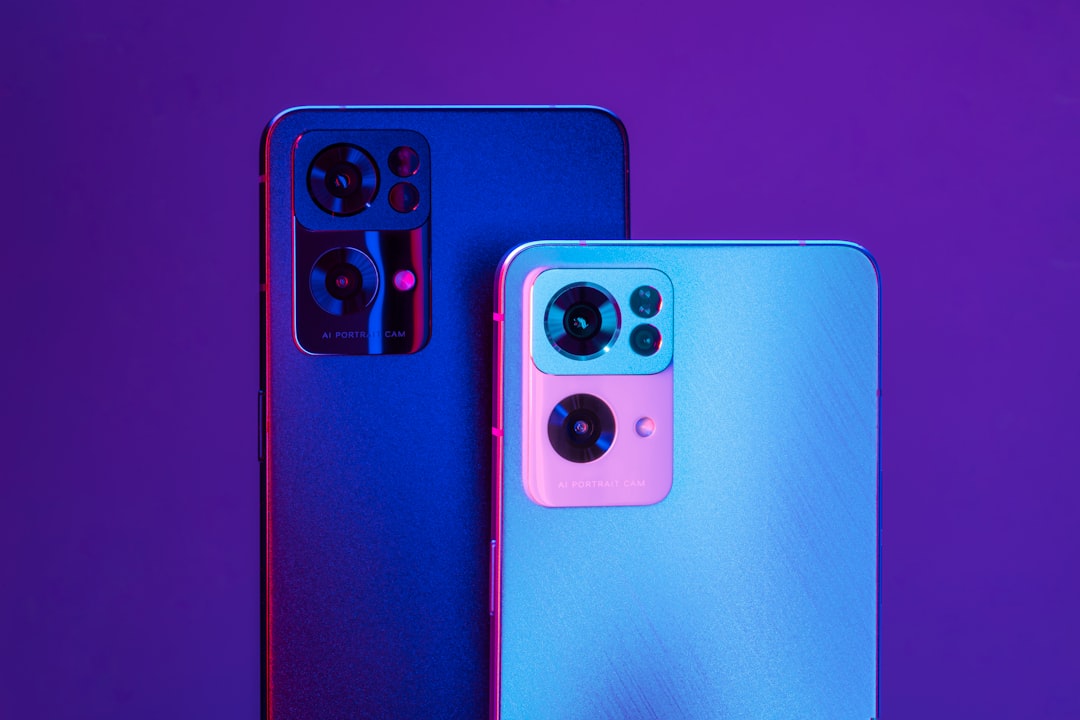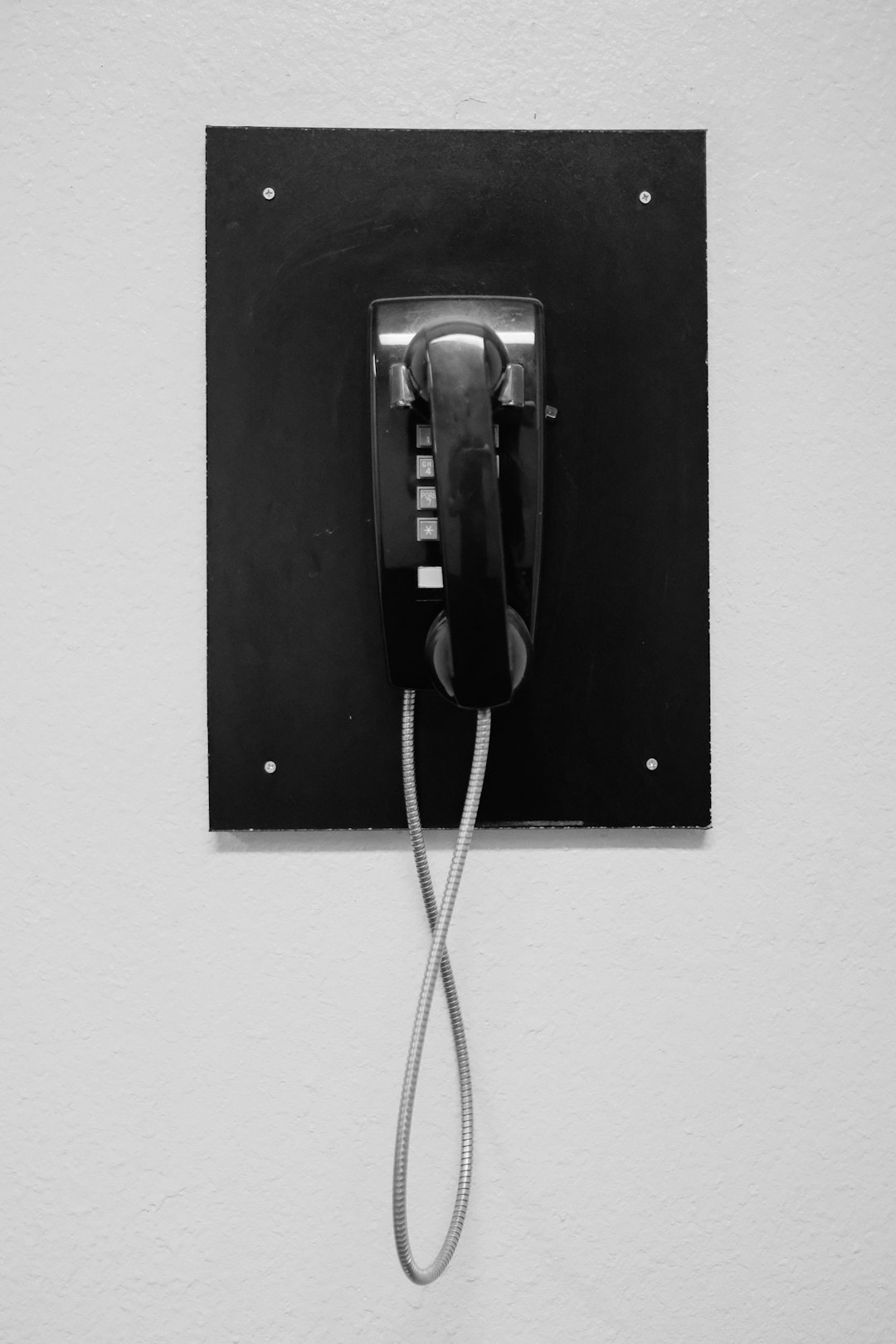Mississippi residents are combating escalating spam calls that threaten public safety and privacy. Using call blocking apps, registering on the National Do Not Call Registry, and being cautious online is crucial to reduce nuisance and create a safer communication environment. Education, vigilance, and technological solutions like automated filtering can substantially decrease spam calls, enhancing peace of mind and efficient use of public safety resources.
In Mississippi, as across the nation, the rise of spam calls has become a pressing public safety concern. These relentless phone scams not only disrupt daily life but also pose significant risks by masquerading as emergency communications or legitimate business calls. This article explores the profound impact of spam calls on Mississippi residents and offers effective strategies to combat this growing menace, empowering folks with knowledge on how to stop spam calls in their state.
The Rise of Spam Calls in Mississippi

In recent years, Mississippi residents have witnessed a disturbing surge in spam calls, posing significant challenges to public safety and privacy. These unwanted phone calls, often from automated systems, have become an increasingly common nuisance, with implications that extend beyond mere irritation. As technology advances, so do the tactics of scammers and telemarketers, making it imperative for folks in Mississippi to stay informed and take proactive measures to protect themselves.
To combat this growing issue, understanding how to identify and stop spam calls is essential. Residents are encouraged to familiarize themselves with the various techniques used by spammers and adopt strategies such as using call blocking apps, registering on the National Do Not Call Registry, and remaining cautious when sharing personal information online. By staying vigilant and implementing these simple steps, Mississippi folks can contribute to a safer and less disruptive communication environment.
Impact on Public Safety and Well-being

Spam calls, while a nuisance, have far-reaching implications on public safety and well-being. These relentless phone calls from unknown numbers can cause significant distress, especially for vulnerable populations such as seniors or individuals with pre-existing mental health conditions. The constant interruptions and deceptive messages aimed at promoting scams or unsolicited services disrupt daily routines and contribute to heightened stress levels.
In Mississippi, where the number of spam calls has been steadily rising, addressing this issue is crucial. Understanding how to stop spam calls becomes a vital step in safeguarding not just individuals but also communities as a whole. By employing tools and strategies available through organizations dedicated to curbing these nuisance calls, residents can reclaim their peace of mind and ensure that public safety resources are focused on genuine emergencies rather than deceptive attempts.
Effective Strategies to Stop Spam Calls

Spam calls are not only a nuisance but can pose significant safety risks, especially for vulnerable populations in Mississippi. To combat this issue, several effective strategies have emerged. One of the most crucial steps is to educate residents on identifying and reporting spam calls. The Mississippi Public Safety Department encourages citizens to be vigilant and use tools provided by telephone carriers to block numbers associated with unwanted calls.
Additionally, implementing robust do-not-call registries at both state and federal levels plays a vital role in How to Stop Spam Calls Mississippi. These registries allow individuals to register their phone numbers, limiting marketing calls. Technological advancements like call blocking apps and smart home devices also offer practical solutions, enabling users to automate the filtering process. By combining public awareness, regulatory measures, and innovative technologies, Mississippi can significantly reduce spam calls, enhancing public safety and peace of mind for its residents.






